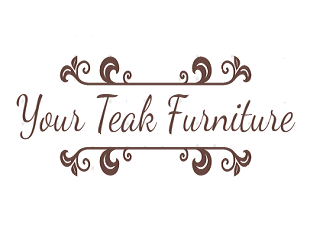When it comes to choosing a place to call home, there are countless options available. Two popular choices that often come to mind are log cabins and traditional homes. Each of these options has its unique charm and characteristics, making the decision a matter of personal preference. In this post, we’ll look at the benefits and drawbacks of log cabins and trulia homes for sale to help you decide which is best for you.
Log Cabins: Rustic Retreats
Log cabins have a timeless appeal that transports us to a simpler, cozier time. If you’re searching for cabins for sale near me, you might be drawn to the idea of living in a rustic retreat. Here are some critical advantages of log cabins:
- Natural Beauty: Log cabins exude natural beauty with their rustic charm and woodsy aesthetics. They blend seamlessly with the surrounding environment, making them perfect for those who appreciate nature.
- Energy Efficiency: Logs provide excellent insulation, helping to regulate indoor temperatures year-round. This energy efficiency can result in lower heating and cooling bills, which is an attractive feature for many homeowners.
- Durability: Well-maintained log cabins can last for generations, making them a significant investment. They are more resistant to pests and can survive extreme weather conditions than conventional dwellings.
- Cozy Atmosphere: Log cabins offer a cozy and inviting atmosphere. The warmth and character of the wood create a unique living space that many find comforting and relaxing.
However, log cabins have their drawbacks. To avoid wood degradation and weathering, they need regular care, such as sealing and staining. Additionally, they may offer less design flexibility than traditional homes.
Traditional Homes: Modern Comforts
Traditional houses, on the other hand, provide a diverse spectrum of architectural styles, from colonial to modern. If you’re searching for “Trulia homes for sale,” you’re likely looking for the modern comforts and conveniences that traditional homes offer. Here are some advantages of traditional homes:
- Design Flexibility: Traditional houses, on the other hand, provide a diverse spectrum of architectural styles, from colonial to modern. You have the freedom to customize your living space according to your taste.
- Maintenance Ease: Traditional homes typically require less maintenance compared to log cabins. Materials like vinyl siding and brick exteriors are durable and low-maintenance, saving you time and effort.
- Amenities: Many traditional homes come with modern amenities such as central heating and air conditioning, advanced security systems, and integrated technology, enhancing your daily living experience.
- Resale Value: Traditional homes often have higher resale values due to their broader appeal and versatility in various housing markets.
However, traditional homes may need more rustic charm and natural beauty than log cabins offer. They might also be less energy-efficient if not adequately insulated.
Making Your Decision
Ultimately, the choice between a log cabin and a traditional home comes down to your personal preferences, lifestyle, and priorities. If you long for a cozy retreat in nature, value energy efficiency, and don’t mind the maintenance, a log cabin could be your dream home. On the other hand, if you prefer modern amenities, design flexibility, and lower maintenance requirements, a traditional home might be the right choice.
Before you make your decision:
- Consider your budget, location, and long-term goals.
- Explore cabins for sale near you and traditional homes on platforms like Trulia homes for sale to get a better sense of what’s available in your area.
- Remember that your home is not just a structure; it’s a reflection of your lifestyle and personality.
- Choose the one that feels like “home” to you, whether it’s a rustic log cabin or a modern traditional house.

